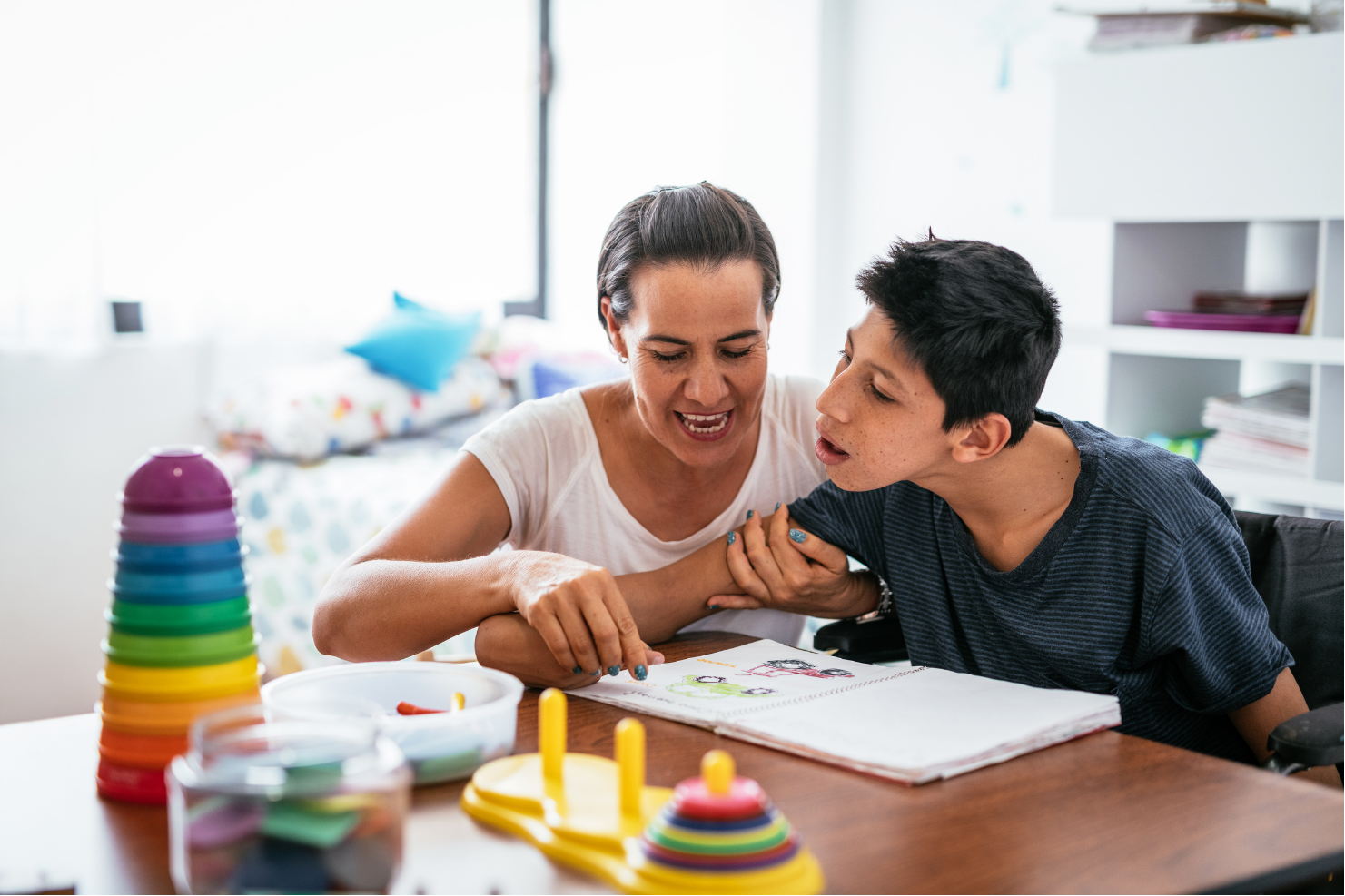Oho uses the information you provide us with to contact you about relevant content, products and services. You may unsubscribe at any time. For more information, see our Privacy policy.
Responsibilities for Organisations who deliver “Child-Related” work

Employers delivering “child-related work” are required by law to check that the members of their workforce hold a valid Working With Children Check – and they are required to maintain those checks on an ongoing basis.
In fact, in some states where mandatory child safe standards apply, employers’ obligations may extend even further to ensure their workforce is suitable and safe. Each state and territory has its own legislation that stipulates the specific responsibilities and requirements that apply. Additionally, different rules apply to different industries, work activities and staff. To comply, organisations must understand all their responsibilities and requirements.
If you are unsure about whether your organisation is compliant with current Working with Children legislation Oho has created an assessment to help you understand where you are at right now.
Free Risk & Compliance Assessment
Who needs to be checked?
People engaged in child-related work, employed as staff, contractors or volunteers, paid or unpaid, supervised or unsupervised, will be required to obtain and maintain a current Working With Children Check.
What is child-related work?
As an employee or volunteer, you are involved in child-related work if:
- contact with children is a usual part of, and more than incidental to, the work
- the work involves physical contact, face-to-face contact, oral communication, written communication or electronic communication with a child
- the work is in a specific sector prescribed by the Working With Children Check scheme.
There are some differences in approach to what constitutes ‘child-related work’ in each jurisdiction. For example, Queensland does not use the ‘child-related work’ mechanism and instead refers to regulated employment or regulated activities, with the check identifying the specific roles within prescribed sectors that require a Working With Children Check. Likewise, the ACT and Tasmania have schemes based on ‘regulated activities’ involving children.
If you are unsure of whether your work constitutes child-related work, visit the Australian Institute of Family Studies or check with the regulator in your state.
Free Risk & Compliance Assessment
One of the key challenges for an organisation working across multiple jurisdictions is how it adopts a uniform process and procedure in the face of different requirements in each jurisdiction. Oho has created a Guide to Compliance to help provide clarity that is needed.
Download your Guide to Compliance
Recommended Policies & Procedures
The onus is on organisations to put the right measures in place – so the necessary checks, safety standards, and reporting requirements are met.
Managers must ensure that the right accreditations are being verified, that they are being monitored consistently, that they have systems in place to do this, as well as policies for dealing with a potential breach; and that accurate records are held for years to come.
What do organisations need to do?
- Ensure the right accreditations are being verified
- It is an organisation’s responsibility to verify checks.
- Actively monitor accreditations
- Checking a worker’s accreditation once, when they are first employed, is not enough. Regular, ongoing verification is essential in monitoring the status of your staff & volunteer accreditations.
- Design and implement a risk strategy
- Organisations should proactively be assessing their risk, taking steps to reduce it and exemplifying best practices to increase prevention.
- Maintain accurate records for reporting
- The parents, carers and loved ones of those vulnerable place a significant amount of trust in organisations to keep them safe. Their expectations of care should also be considered in a risk strategy.
Oho is designed to help organisations across Australia because any incident of abuse, within any organisation, is one too many. Our dedicated team have worked hard to provide a range of pricing options. Oho is affordable, easy-to-use and likely to be more effective than any in-house process you are following.
That’s why over 39,000 people from organisations just like yours are already using the platform.
Oho constantly checks the status of your staff and volunteers’ accreditations, so that you can focus on what matters: your customers and the vulnerable people in your care.
Contact us for an obligation-free demonstration today by either booking directly online or phone 1300 388 963 anytime.



